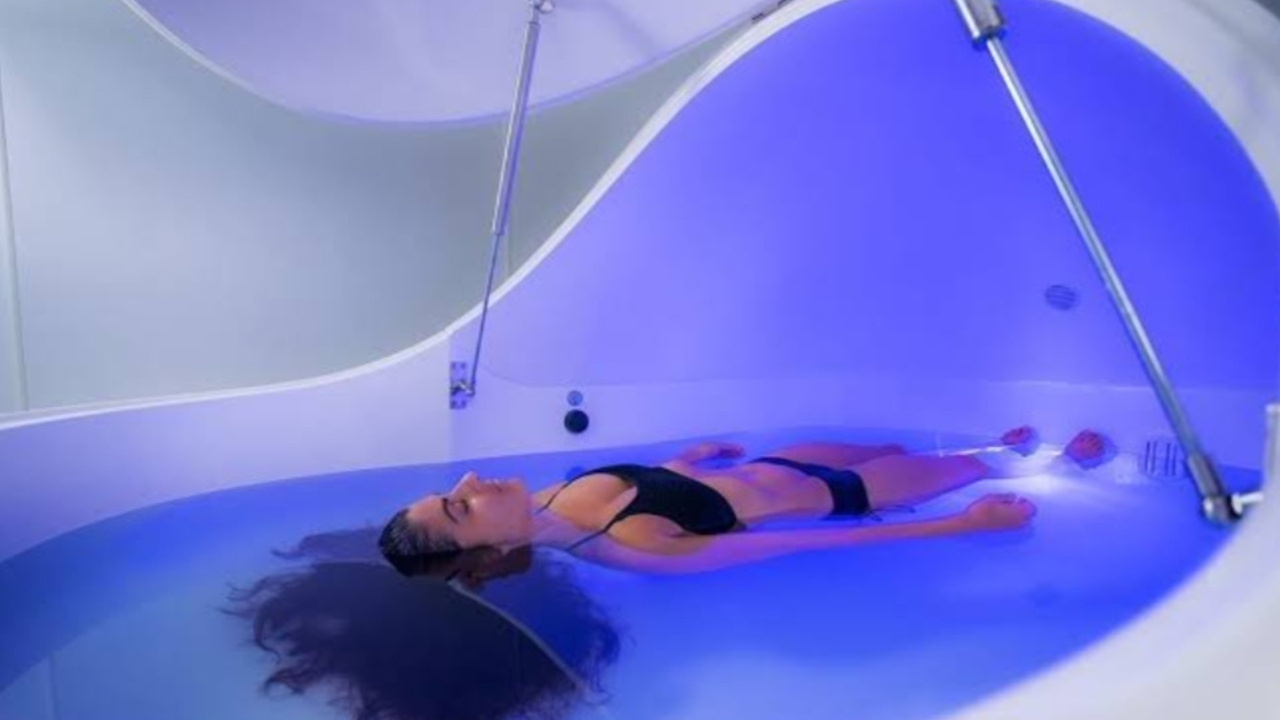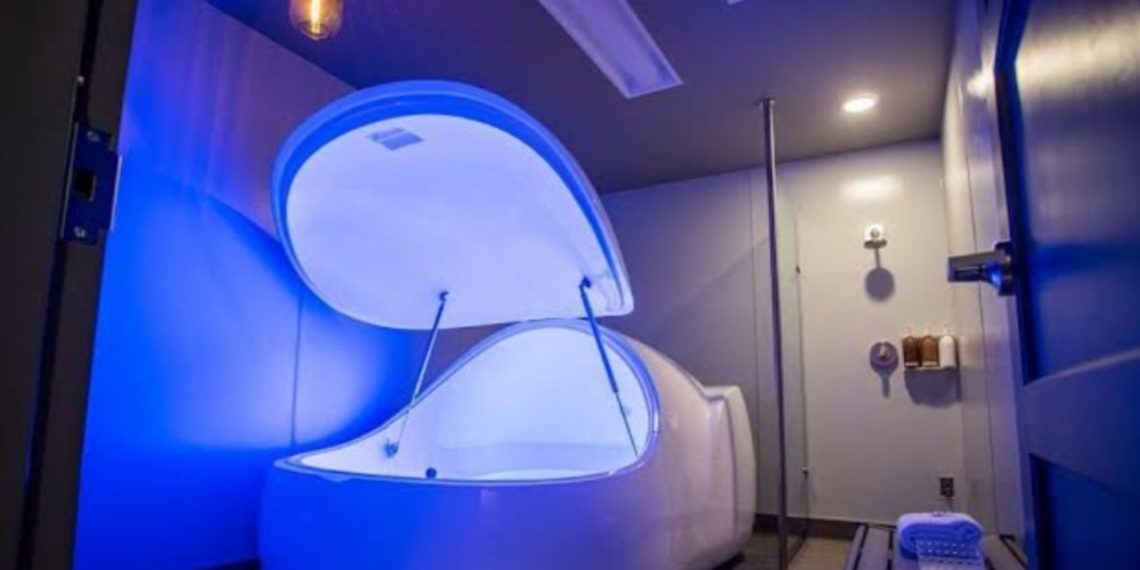Urban Float, which gained attention on Shark Tank during Season 10 in 2019, has significantly evolved since its TV debut, establishing itself as a leading name in the flotation therapy industry.
Despite initially securing interest from Shark Tank investor Matt Higgins, the founders, Joe Beaudry and Scott Swerland, decided to walk away from the deal during the due diligence process, as they felt it did not align with their long-term vision for the company.
However, they later secured a $600,000 investment from investors Lori Greiner and Robert Herjavec in exchange for 15% equity, which has since fueled their growth.
The brand’s growth strategy has been rooted in expanding its reach and offering an innovative and flexible membership model that sets it apart from other players in the market.
Urban Float has successfully developed both corporate-owned locations and franchises, with a strong presence in Greater Seattle and numerous franchise locations across the U.S.
Their expansion efforts have remained robust, even in the face of challenges like the COVID-19 pandemic, and they have shown a continued commitment to scaling their operations.
One of the key elements of Urban Float’s success is its unique membership offering. While many competitors limit the number of floats a customer can access in a given month, Urban Float allows customers to float as often as they wish for a fixed monthly fee.
This model has garnered a loyal customer base who appreciate the flexibility and convenience of being able to access flotation therapy without restrictions.
This membership model is further supported by the spaciousness of their facilities, which are larger than those of their competitors, allowing customers to book appointments with ease and ensuring a more comfortable and stress-free experience.

Beyond flotation therapy, Urban Float has also embraced a holistic approach to wellness by expanding its service offerings.
In addition to flotation therapy, customers can enjoy services like massage therapy, nutrition counseling, red light therapy, infrared sauna sessions, and BEMER therapy.
This diversified range of services positions Urban Float as a comprehensive wellness provider, catering to the mental, physical, and emotional needs of its customers.
By integrating various wellness services, Urban Float differentiates itself from traditional flotation centers and addresses a broader range of customer preferences.
The company’s innovation and commitment to customer wellness have not gone unnoticed.
Urban Float has garnered media recognition from well-known outlets like ESPN, Entrepreneur Magazine, TIME, and Men’s Journal, which have praised its unique approach to flotation therapy.
Additionally, the practice of floating in sensory deprivation tanks has been featured in popular TV shows such as The Simpsons, The Big Bang Theory, and Stranger Things, helping to introduce flotation therapy to a broader audience and further enhancing Urban Float’s cultural impact.
By 2025, Urban Float’s net worth is estimated at $3 million, reflecting a steady increase in revenue and a growing number of franchise locations.
The company earns a 7.5% royalty fee from its franchisees, which provides a significant source of revenue, further contributing to the brand’s financial strength.
With over a few dozen franchises now established and more in development, Urban Float is well-positioned to continue its upward trajectory in the years ahead.
Despite the hurdles faced by many businesses during the pandemic, Urban Float has remained resilient, staying true to its vision of making flotation therapy and wellness services more accessible.
The brand’s expansion, unique membership model, wide range of wellness offerings, and recognition from both the media and popular culture have helped solidify its position as an industry leader.
Moving forward, the company is poised for continued success, with plans to open more franchise locations and extend its footprint across the country.
As of 2025, Urban Float is not only still in business but thriving, with a solid foundation for future growth and expansion in the wellness industry.




